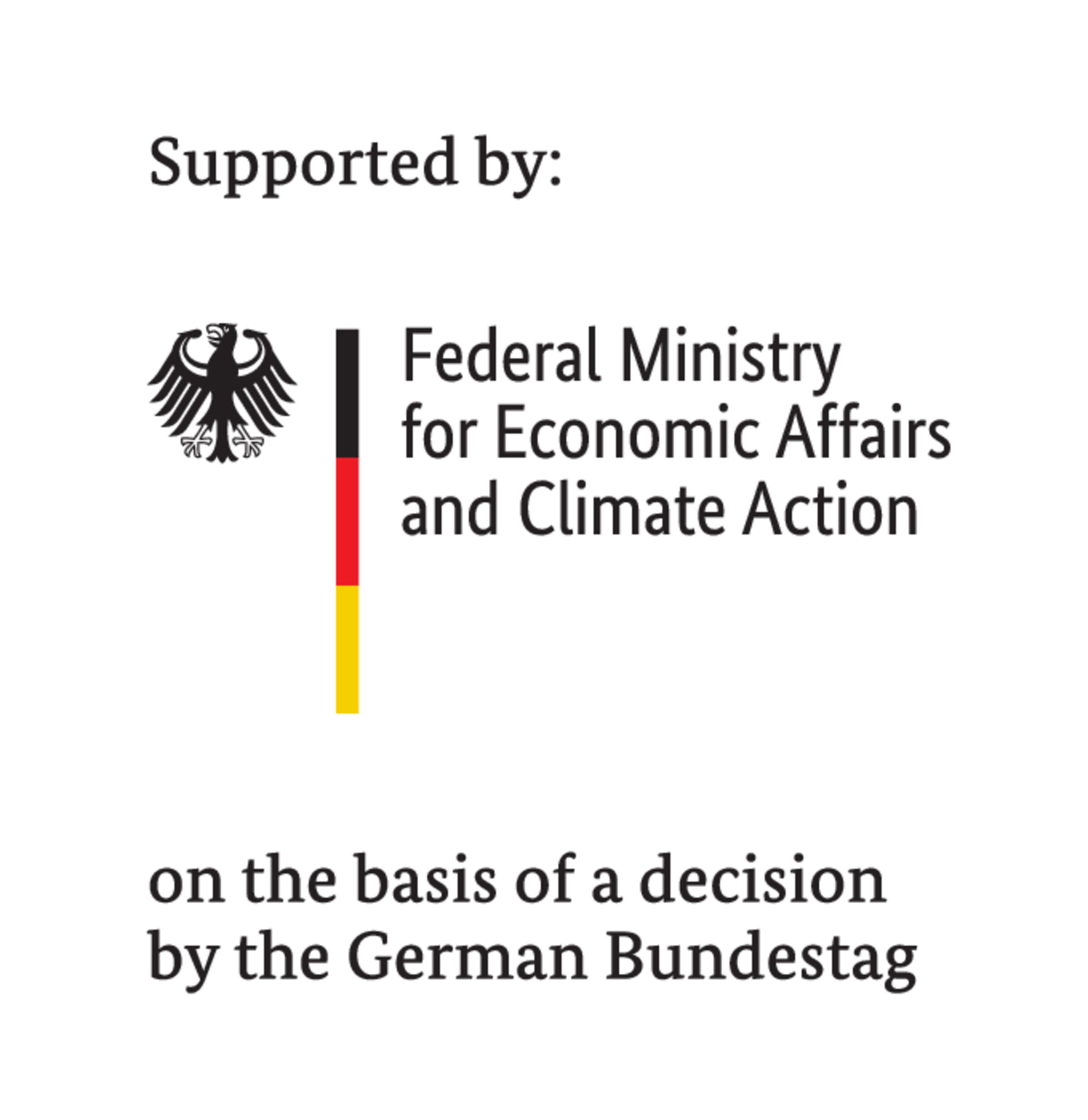An introduction to the Indonesian Vocational Education System
Fri, 25 Feb 2022
Vocational High Schools in Indonesia have nine areas of expertise recognized by the Ministry of Education, Culture, Research and Technology (Kemendikbud Ristek). These areas of expertise are described in more detail in Directorate General of Vocational High Schools Number Regulation No. 6/2018 on Vocational High School Expertise Spectrum. The nine areas of expertise are Technology and Engineering, Energy and Mining, Information and Communication Technology, Health and Social Work, Agribusiness and Agrotechnology, Maritime, Business and Management, Tourism, Arts and Creative Industries.
The evaluation of a student learning process is done under a scale of 1-100 with aspects covering national subjects, regional subjects, and vocational subjects. National subjects consist of Religious Education, Pancasila Ideology and Citizenship Education, Indonesian, Mathematics, Indonesian History, and English. The Cultural Arts and Physical Education, Sports and Health are included in the regional subject. Vocational specialization subjects include the basic areas of expertise and basic expertise program given to first year students while competency skills are given to students from the second year to the final year.
In Indonesia, it takes about 3 to 4 years to finish vocational high school depending on the required skill competencies based on the spectrum of vocational high school education expertise as adjusted within the signs provided by the international competency standards and the Indonesian National Qualification Framework or Kerangka Kualifikasi Nasional Indonesia (KKNI). A student’s competency evaluation is carried out through the expertise competency test at the end of the study period independently or through an examination system from industrial partners or professional associations, or through professional certification units licensed by the National Professional Certification Agency or Badan Nasional Sertifikasi Profesi (BNSP), or through projects with industrial partners with instrument standards prepared by the government. The minimum academic qualification for those who are able to become teachers in Vocational High Schools is a Bachelor in a linear program.
The other formal vocational education in Indonesia is vocational college. It has five levels of range from Diploma I to Diploma IV (or DI to DIIV) or Bachelor of Applied. According to the Kemendikbud Ristek, the learning targets arranged by each study program on various campuses are adopted from the KKNI. The learning outcomes are measured using numbers with the Semester Credit Unit system. The minimum study load for the DI program is 36 credits with a maximum study period of 2 years, the DII program is 72 credits with a maximum study period of 3 years, the DIII program is 108 credits with a maximum study period of 5 years, and the DIV program is 144 credits with a maximum study period 7 years. Each learning credit has a total of 170 minutes per week per semester with a full 170 minutes of time allocated for practical activities and another one is for learning activities that consists of 50 minutes of time allocated for lecturing while the remaining 120 minutes are self-based learning or assignments.
Vocational colleges students are declared having passed if they have taken the entire study load with a minimum Cumulative Grade Point Average of 2.00 out of 4.00 and will get a diploma and competency certificate according to their expertise. Evaluation of student learning processes includes aspects of attitude through observation, self-research, inter-student research, and assessment of personal aspects. However, in practice, attitude assessments have not been given much attention. Assessment of general and specific skills is carried out through practical assessments, simulations, or work practices. The other evaluation criteria is mastery of knowledge which is carried out through various forms of tests both verbal and written, either directly or indirectly. Those who are able to teach in the vocational program are, at least, graduates of master or applied masters of their study program. Campus are allowed to recruit instructors with a minimum requirement of DIII academic qualifications who have relevant experience with the study program that have been adjusted the KKNI level.
"Education Indonesia" is a brand of German-Indonesian Chamber of Industry and Commerce (EKONID)


